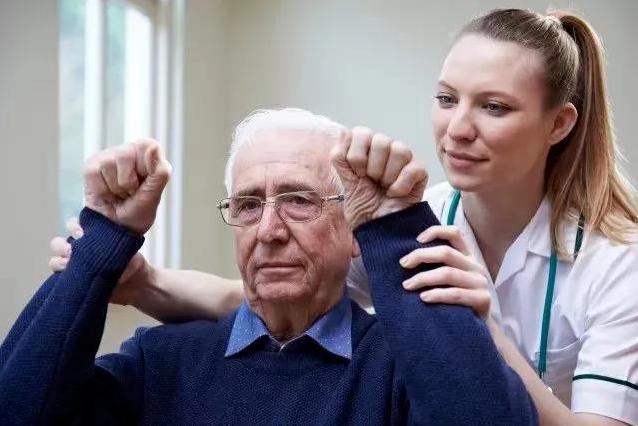The main clinical features of senile dementia are memory decline, slow thinking and reasoning, and changes in personality and behavior. As the disease continues to rise, it is causing a heavier burden on more and more patients' families and society as a whole. Numerous clinical studies on the application of hyperbaric oxygen therapy to elderly dementia or mild cognitive impairment have confirmed significant improvement in cognitive function, enhanced brain metabolism, and improved spatial working memory scores for patients. Currently, many clinical doctors have applied hyperbaric oxygen therapy to delay the progression of cognitive disorders. In the future, hyperbaric oxygen may become an essential specific treatment method to improve the quality of life for patients and bring more hope.
The main cause of senile dementia is the lack of oxygen in brain cells due to various reasons, leading to degeneration of a large number of brain nerve cells and the appearance of dementia symptoms. Senile dementia is a degenerative accelerated brain aging, which often causes or worsens the hardening of the brain vascular system, promotes the development of dementia, and produces other serious symptoms. Currently, there are no specific drugs or therapies for dementia. However, the onset of dementia is slow, and early signs such as memory decline, irritability, and multilingualism are easily detectable. Timely oxygen inhalation can directly increase the oxygen supply to brain cells, maintain the nutrition of brain cells, and has significant value in the prevention and conditioning of senile dementia. Especially for early-stage patients, the use of hyperbaric oxygen therapy consistently alongside symptomatic medication has shown significant effects.

Related studies have shown that early use of hyperbaric oxygen conditioning in patients with senile dementia can achieve the following three effects and delay the progression of the disease:
While using anti-dementia drugs(often having vasodilating effects)for treatment, adding hyperbaric oxygen therapy first enables patients to moderately dilate blood vessels and greatly increase blood oxygen concentration, increase the oxygen pressure difference between blood and tissues, thus increasing the "effective diffusion distance" of oxygen, fully oxidizing energy substances in peripheral blood, providing sufficient energy, significantly improving the functional state of brain cells.
Secondly, elderly dementia patients often experience myocardial ischemia and hypoxia. Hyperbaric oxygen can simultaneously improve myocardial function, increase myocardial pumping capacity, increase brain blood flow, increase oxygen and nutrients received by the brain, delay the rate of brain atrophy, protect brain function, and delay the progression of senile dementia.
Thirdly, high-pressure oxygen treatment increases oxygen tension, causes blood vessel constriction, reduces cerebral blood flow, thereby reducing brain edema. This has obvious therapeutic effects on brain tissue edema and degeneration caused by various reasons, interrupting the cycle of edema-hypoxia-edema.
In addition, hyperbaric oxygen has significant health benefits for the elderly. The elderly can supplement oxygen by inhaling high-pressure oxygen regularly and promptly, which can effectively improve fatigue, dizziness, sleep disorders, and mental fatigue. It can also directly compensate for insufficient oxygen supply caused by the decline of physiological functions in the body, maintain the normal function of various organs, and maintain physical and mental health, delaying the aging process.
The elderly also need to maintain a certain amount of exercise and learning, which can better combat senile dementia. For example, reading books and writing can help maintain a wide range of interests. Regular outdoor activities such as walking, jogging, and tai chi are also recommended.
In summary, hyperbaric oxygen therapy plays a unique role in the comprehensive treatment of senile dementia. It has few adverse reactions, high safety, and patients are more likely to accept it. Especially when combined with internal medicine and rehabilitation treatment methods alongside drug treatment, it can effectively reduce symptoms and prevent further deterioration of the condition, making it worthwhile to apply.

Discount Price, ship by DHL, door to door service, 5-7days delivery time, local technical support

We supply soft and hard chambers from 1.3-2.0ATA to reach different customers' needs

Create custom uniquea hyperbaric chambers to reach your target market

We have more than 50 distributors around world, looking forward to having you on board.